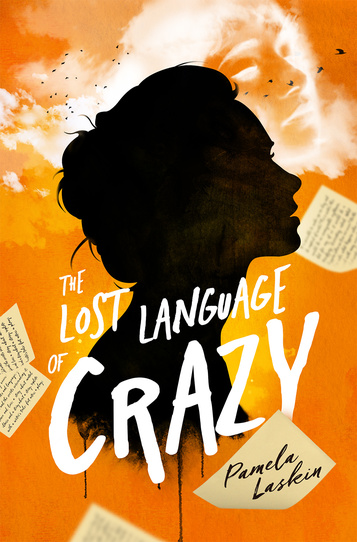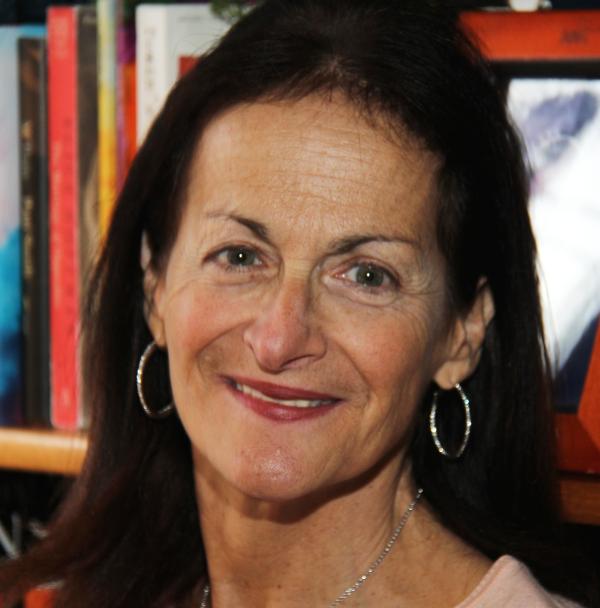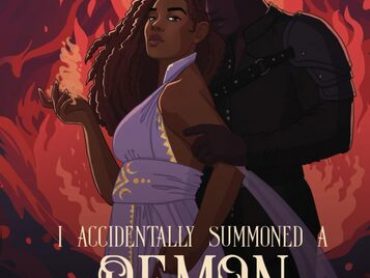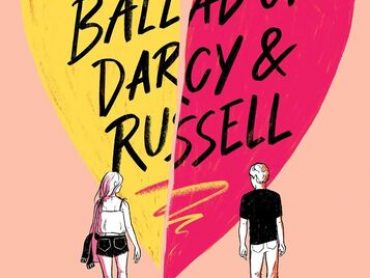Pamela Laskin is the author of The Lost Language Of Crazy. The Lost Language Of Crazy explores the terrain of mental illness from the point of view of its twelve-year old narrator, Penny. Penna has grown up believing her mother is dead. YEM was able to speak with Pamela about the writing process, and advice she has for other writers. She also shared her favorite part of her book to write.
Young Entertainment Mag: When did you first know that you wanted to become a writer?
Pamela Laskin: I knew I wanted to be a writer in elementary school, perhaps by third grade. I kept a diary. It was a way for me to unload feelings of grief I had around my family. It was an escape, and it helped me throughout my life.
YEM: What can you tell us about your book The Lost Language Of Crazy?
Pamela: My book is a coming of age story about a young girl learning who she is–discovering herself as a writer. Penny, the protagonist, is writing a play about her mother, her family, but the play can’t be completed, since she does not know the ending. Her teacher and her Dad feel it is good enough to enter in a competition, but Penny is insistent she wants to first finish her work. Her two closest friends, Muslim Zeina and transgender Johnny, who was once Jasmine, have their own thoughts about what Penny should do. However, through blogs, poetry and interiority, it becomes Penny’s task to find her voice, a voice uniquely her own. The background landscape is Penny’s mother, who is thought to be dead. This is Penny’s albatross and her family’s secret. Zeina and Jasmine also have family secrets, and one of the goals of the novel is to help young people unearth, discover and feel a comfort level in these buried secrets. Penny is discovering her language.
YEM: The Lost Language Of Crazy explores mental health, what made you decide to incorporate that into your story? Was that something you intentionally wrote about or did it just happen naturally?
Pamela: I very purposefully wrote about mental health. I grew up with a mentally ill mother, who was also forced to play the role of “wife” and “mother”–roles she was thrown into, but probably did not want. When she was in these roles, it was the 1950(s), and women were compelled to be more domestic. The question raised in the book is was her mental illness exacerbated by fulfilling domestic roles which made her deeply unhappy.
YEM: Did you research anything about mental health before you wrote your book? What was something really important you learned?
Pamela: I had a mental health assistant, someone who worked in the field. She guided me through the process of writing intake and discharge notes for psychiatric hospitalizations. She also has had a great deal of experience with selective mutism, a diagnosis Penny receives where she stops talking–only on a temporary basis. As for schizophrenia, I actually knew a great deal, including medications, since that was the diagnosis my mother received.
YEM: How long was the writing process for The Lost Language Of Crazy?
Pamela: This was my third novel and the writing process was fairly easy, since much of it was MY story. However, because it was my story, I was almost TOO close to the narrative, so I was very fortunate to have a few great editors: first Suzanne Weyn, a friend; Ira Reiser, my husband; and finally, Karen Clark, a former student and friend. The bulk of the terrific editorial suggestions happened with Cami, who works as an editor for Atmosphere Press. She suggested numerous edits, and I can honestly say made a very good book truly excellent.
YEM: What is something you would like your readers to take away from The Lost Language Of Crazy?
Pamela: I would like my readers to take away that empathy and discovery are integral in any young person’s development. We all have secrets, demons and challenges, and it is an individual’s task to dig deep in order to understand oneself fully, and understand others. Every person has secrets, and what an unburdening it would be for everyone to be able to unload, open up and consequently, not to feel so isolated.
YEM: What is some advice for those who would like to become writers one day?
Pamela: For anyone who wants to be a writer, write. Write constantly. Never stop. Bring a notebook with you wherever you go. And read a lot. Reading and writing are marriage partners. Finally, do not give up when you get rejected.
YEM: What was the first book that made you fall in love with literature?
Pamela: The first book that made me fall in love with literature was GREAT EXPECTATIONS by Charles Dickens.
YEM: What is the best part of the writing process in your opinion?
Pamela: The best part of the writing process is watching how a piece starts out as something small–and how it enables a piece to grow and blossom. It is truly like watching a flower bloom.
YEM: What was your favorite part or scene in your book to write?
Pamela: My favorite part of the book was creating two parts: The blogs, since I love blogs, and they enabled me to discover hidden aspects of myself. In addition, I loved recreating the Mom’s diary, since I never saved her original diary, so in writing this I was able to envision what was inside her head.
YEM: Was anything in The Lost Language Of Crazy inspired by events or people in your real life?
Pamela: The book was totally inspired by my Mother, Sylvia Laskin, and this is truly a fictionalized version of her life.
YEM: What is a genre of book you are hoping to explore and write one day?
Pamela: I hope to write a non-fiction book, not necessarily for young people, whose focus is ILLNESS, both physical and mental. I want to write this book as an epistolary work, via letters. For example, Dear Schizophrenia. Growing up with you in the form of my Mother has meant…The List goes on!





